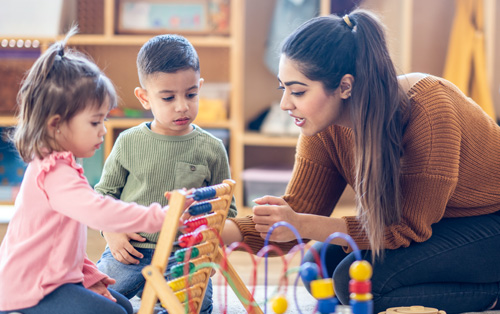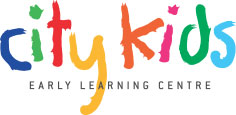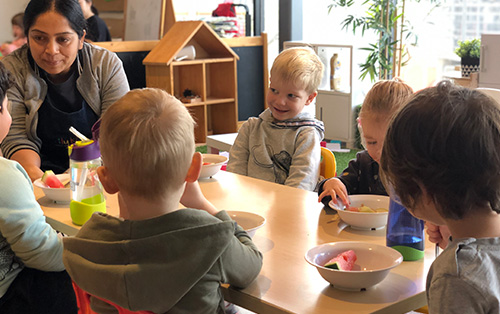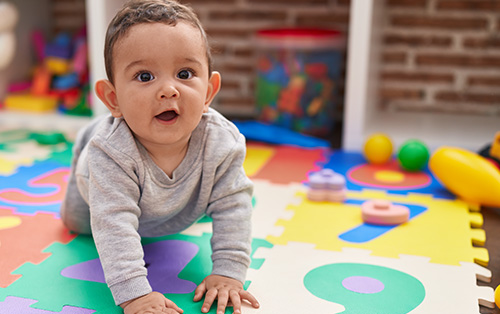
Nurturing Young Minds: The Power of Preschool Education

preschool is a magical time in a child's life, a time when their young minds are like sponges, soaking up knowledge, experiences, and life skills that will shape their future. The importance of preschool education in nurturing and developing these young minds cannot be overstated. In this blog post, we will explore the significant role that preschool plays in fostering a love for learning, social and emotional development, and preparing children for a bright future.
Building a Strong Foundation for Learning
preschool lays the foundation for a child's future academic success. It provides an environment where children can explore, discover, and learn in a structured yet playful manner. Here's how preschool education helps build a strong foundation:
Early Literacy and Numeracy Skills: preschool introduces children to basic literacy and numeracy concepts through engaging activities like storytelling, counting, and letter recognition. These early experiences form the basis for later academic achievements.
Critical Thinking and Problem-Solving: preschool activities encourage children to think critically and solve problems independently. They learn to ask questions, explore solutions, and develop vital problem-solving skills.
Social Interaction and Communication: Interacting with peers and educators in a preschool setting promotes language development, social skills, and effective communication. Children learn how to express themselves, listen to others, and collaborate in a group setting.
Fostering a Love for Learning
preschool is where the seeds of curiosity and a love for learning are sown. It's a place where children are encouraged to explore their interests, ask questions, and express their creativity. Here's how preschool fosters a love for learning:
Play-Based Learning: preschool curriculum often revolves around play-based learning. Through play, children naturally discover their interests, experiment, and learn about the world around them.
Hands-On Experiences: preschoolers engage in hands-on activities that make learning fun and interactive. Whether it's science experiments, art projects, or nature exploration, these experiences ignite their passion for knowledge.
Encouraging Curiosity: preschool educators nurture children's natural curiosity by encouraging them to ask questions and seek answers. They create an environment where curiosity is celebrated and rewarded.
Social and Emotional Development
preschool is not just about academic learning; it's also a place where children develop essential social and emotional skills that will serve them throughout life. Here's how preschool supports this aspect of development:
Friendships and Social Skills: Interacting with peers in a structured setting helps children build friendships and learn social skills such as sharing, cooperation, and empathy.
Emotional Regulation: preschoolers learn to identify and manage their emotions, laying the groundwork for emotional intelligence. They understand how to express feelings and cope with challenges.
Independence and Confidence: Through age-appropriate tasks and responsibilities, preschool encourages independence and boosts children's self-confidence. They learn to take initiative and make choices.
Conclusion
preschool education is a pivotal time in a child's life, where their young minds are nurtured, and a strong foundation for learning, curiosity, and social-emotional development is established. As parents and educators, we play a crucial role in providing a supportive and stimulating environment for our preschoolers. By recognizing the significance of preschool education in nurturing young minds, we can pave the way for a brighter future for our children.
Book a Tour at City Kids today


